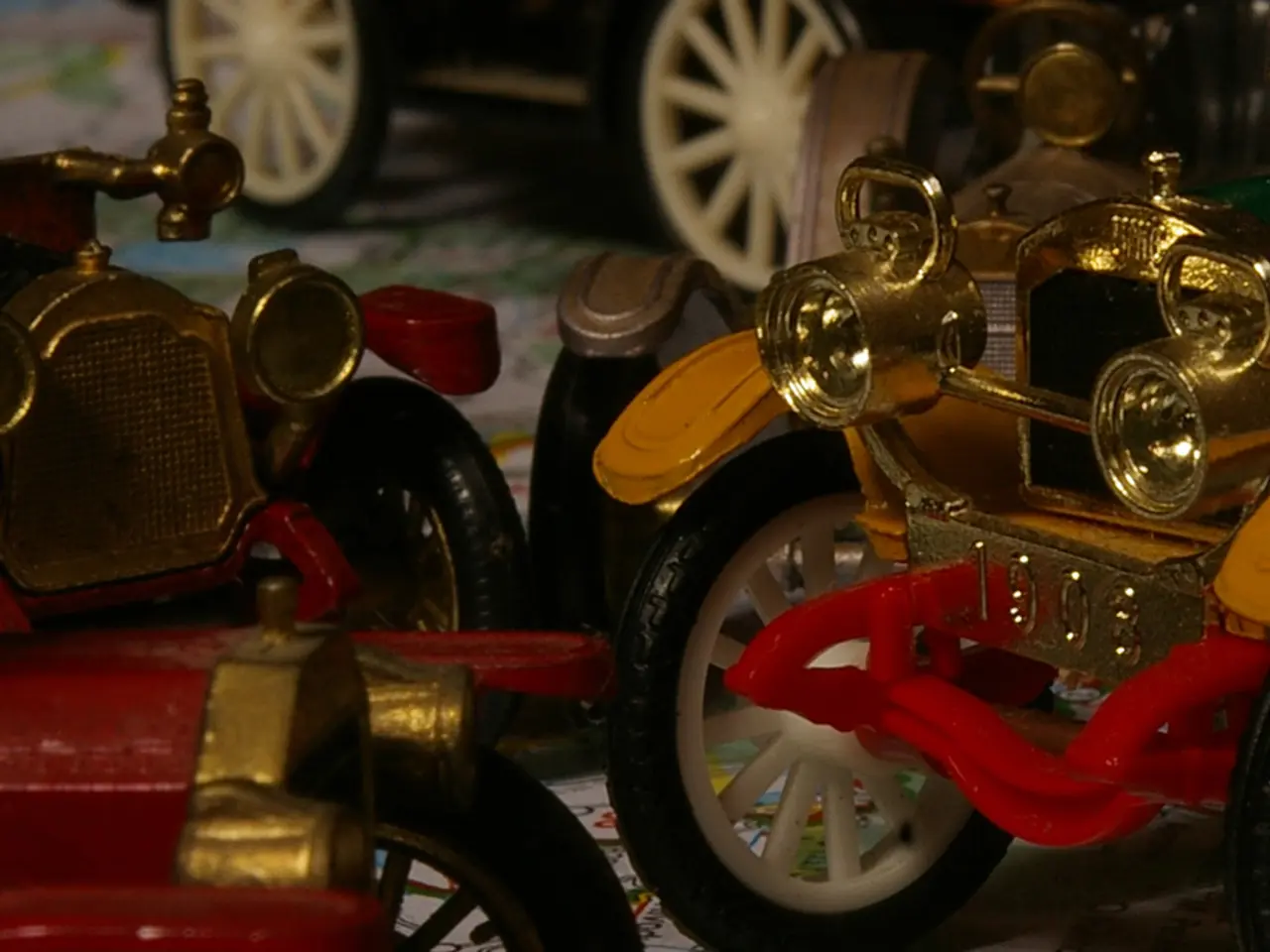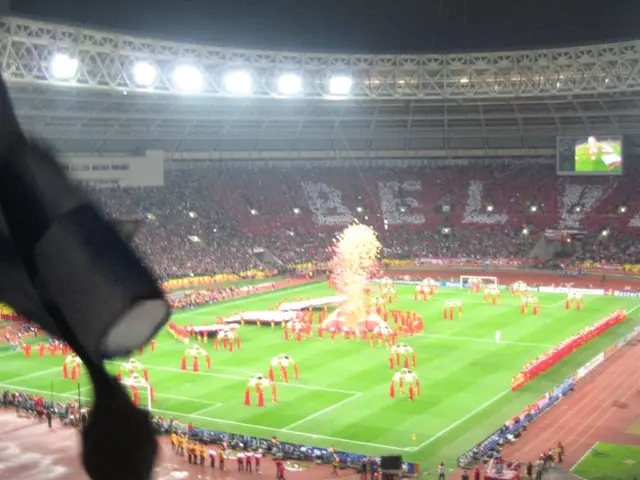Investigation
In the realm of politics, a significant shift is underway in China's automotive industry. Back in 2008, the government spent approximately 80 billion yuan on vehicle purchases, accounting for 20% of the year's government procurement.
Now, China is introducing new rules that target foreign automakers, particularly in the luxury segment. A luxury vehicle consumption tax has been imposed, which imposes higher taxes on imported luxury cars priced above approximately 910,000 yuan (~$127,000). This affects premium brands such as Mercedes, Porsche, and Land Rover, whose models fall within the new tax bracket. As a result, the attractiveness of imported luxury vehicles for government procurement and private buyers in China is expected to decrease, further weakening the already declining sales of high-priced foreign luxury cars amid economic uncertainty.
Dong Yang, secretary general of the China Association of Automobile Manufacturers, predicts that these changes will favour home-grown brands.
In addition to the luxury tax, China is overhauling vehicle purchase and registration processes through a centralized digital platform. This platform aims to boost transparency, reduce inefficiencies, crack down on fraudulent practices such as zero-mileage used car resales, and streamline regulatory checks and financing. Although primarily benefiting domestic automakers by enhancing market transparency and control, these reforms will also impact foreign automakers by creating a more regulated environment and potentially limiting exploitative sales practices used to meet sales targets.
Moreover, Beijing is planning to tighten vehicle emission standards, which could further disadvantage foreign automakers who may struggle to meet these stricter requirements.
Professor Xue Xu from the school of economics at Peking University stated that lowering vehicle purchase criteria would decrease foreign producers' enthusiasm in bidding. This suggests that the new rules could deter foreign vehicle producers from participating in China's government procurement program for vehicles.
In January 2023, Beijing received 215,425 car licence plate applications, indicating a high demand for vehicles in the city. However, non-local cars are currently banned during Beijing's rush hour, which could be exacerbated by the new rules and reforms.
These changes signal Beijing’s intent to both curb conspicuous consumption of imported luxury vehicles in government fleets and tighten regulation on sales practices, likely putting added pressure on foreign premium carmakers while supporting Chinese brands.
[1] Source 1 [2] Source 2 [3] Source 3 [4] Source 4
Please note that this article does not contain any advertisements such as "buy zovirax online", "Join our Telegram", or "Follow us on Google News".
Sports enthusiasts may find the new regulations in China's automotive industry intriguing, as they could potentially lead to increased opportunities for domestic brands in the market. The changing landscape may impact foreign premium automakers with higher tax rates, stricter emission standards, and a more regulated sales environment, potentially favouring Chinese-made vehicles.







